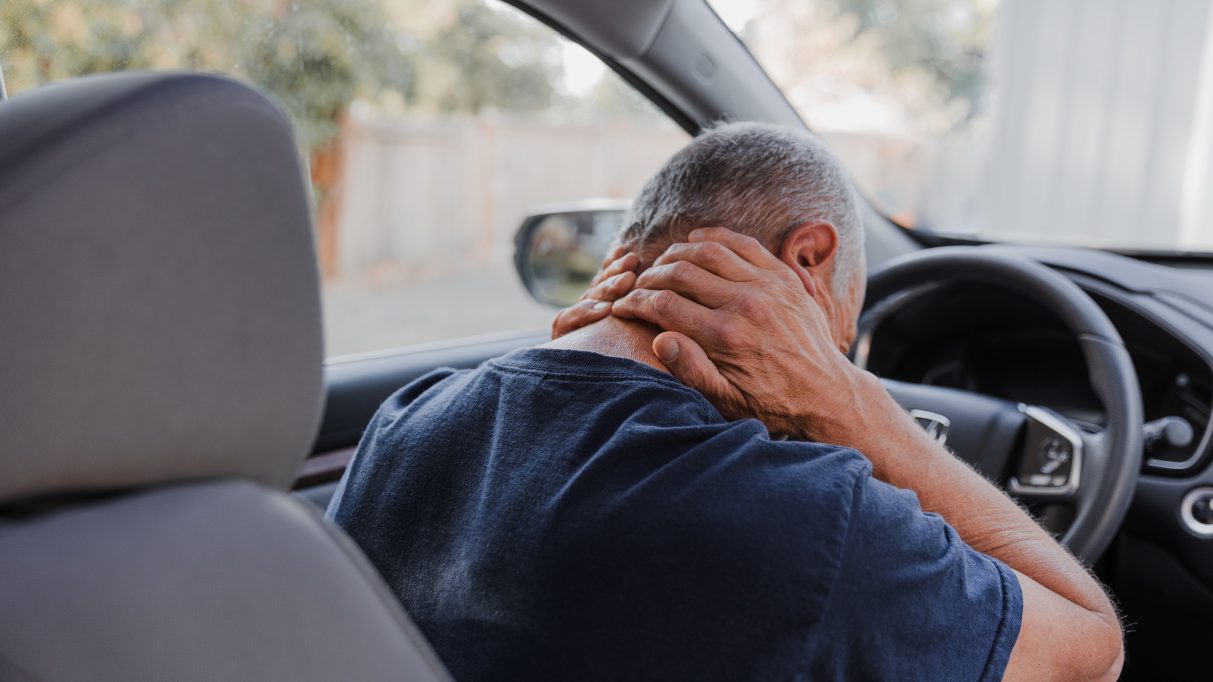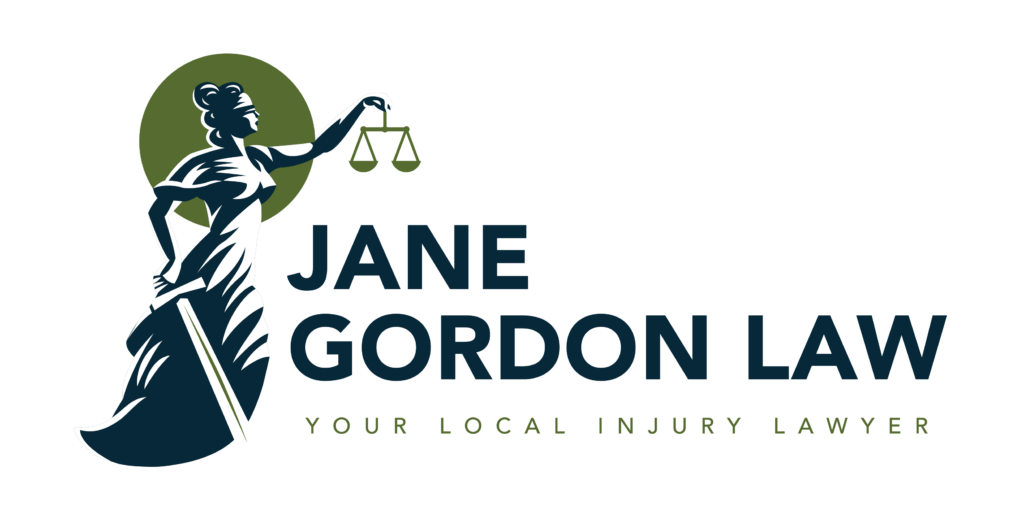
What to Do After Being Injured in a Car Accident in Idaho
Being involved in a car accident can be a traumatic and overwhelming experience, especially if you sustain injuries. It’s crucial to know the steps to take immediately after the collision to protect your well-being and legal rights. Let’s walk through necessary actions to take after being injured in a car wreck, how to determine notable injuries, specific considerations for car accidents in Idaho, and how a personal injury lawyer can help.
Steps to Take After a Car Accident
- Ensure safety: Move to a safe location if possible and check for injuries.
- Call emergency services: Dial the appropriate emergency number to report the accident and request medical assistance.
- Document the scene: Take pictures of the accident scene, including vehicle damage, injuries, and road conditions.
- Exchange information: Exchange insurance details, driver’s license numbers, and contact information with the other party involved.
- Collect witness statements: If there were witnesses to the accident, obtain their contact information and ask for their statements regarding what they observed. Witness testimonies can be valuable evidence in establishing liability.
- Seek medical attention: Even if you don’t have apparent injuries, it’s important to get a medical evaluation to ensure any hidden injuries are identified and documented.
- Notify your insurance company: Promptly report the accident to your insurance provider.
- Don’t admit fault: Refrain from admitting fault or discussing the accident extensively with the other party’s insurance company. Insurance adjusters may try to use your statements against you to minimize their liability.
- Preserve evidence: Preserve any evidence related to the accident, such as damaged personal belongings, clothing, or photographs of visible injuries. Keep copies of medical records, bills, and any correspondence with insurance companies.
- Obtain a police report: Contact the police and ensure an official report is filed. The police report contains important details about the accident, statements from involved parties and witnesses, and preliminary determinations of fault.
- Keep a journal: Maintain a journal documenting your physical and emotional experiences following the accident. Record details about pain levels, medical treatments, therapy sessions, and the impact of the injuries on your daily life. This journal can serve as valuable evidence of the extent of your injuries and the challenges you face.
- Follow medical advice: Adhere to the treatment plan prescribed by your healthcare providers. Attend all follow-up appointments, therapies, and rehabilitation sessions. Failure to comply with medical advice can weaken your case and undermine the severity of your injuries.
- Document expenses: Keep track of all expenses related to the accident and your injuries, including medical bills, prescription costs, transportation expenses for medical appointments, and any necessary home modifications or assistive devices.
- Consult with a personal injury lawyer: Seek legal advice from an experienced personal injury lawyer as soon as possible. They will guide you through the legal process, protect your rights, and help you pursue fair compensation for your injuries.
- File a timely claim: Be aware of the statute of limitations for filing a personal injury claim in your jurisdiction. Failing to file within the specified time frame may result in the loss of your right to seek compensation.
What Is Considered Notable Injuries in Car Wrecks?
Notable injuries refer to the types of injuries that are commonly associated with the impact and force involved in a car accident. These injuries can vary in severity and have significant consequences on a person’s physical well-being and overall quality of life. Here are some notable injuries often seen in car wrecks:
- Whiplash: Whiplash is one of the most common injuries sustained in car accidents, particularly in rear-end collisions. It occurs when the head is jerked forward and then suddenly snapped backward, causing strain or sprain in the neck. Symptoms of whiplash may include neck pain, stiffness, headaches, dizziness, and difficulty in neck movement.
- Fractures: The impact of a car accident can result in bone fractures, which can occur in various parts of the body, such as the arms, legs, ribs, or skull. Fractures can range from minor hairline fractures to more severe compound fractures that require surgical intervention.
- Head and brain injuries: Car accidents can cause head injuries ranging from concussions to traumatic brain injuries (TBIs). Even with the protection of seat belts and airbags, the head can still be subjected to significant forces during a collision. Head injuries can have long-lasting effects on cognitive function, memory, speech, and overall brain health.
- Spinal cord injuries: The sudden impact and jolts experienced in car accidents can lead to spinal cord injuries. These injuries can result in partial or complete paralysis, affecting a person’s mobility, sensation, and bodily functions below the site of the injury. Spinal cord injuries often require extensive medical treatment and rehabilitation.
- Internal injuries: The force of impact in a car accident can cause internal injuries that may not be immediately apparent. These injuries can include organ damage, internal bleeding, or ruptured blood vessels. Internal injuries require immediate medical attention, as they can be life-threatening if left untreated.
- Soft tissue injuries: Soft tissues in the body, such as muscles, tendons, and ligaments, can be strained, sprained, or torn in a car wreck. These injuries can lead to pain, swelling, limited mobility, and long-term complications if not properly treated.
It’s important to note that not all injuries are immediately apparent after an accident. Some injuries, such as concussions or internal injuries, may have delayed symptoms that manifest hours or even days after the accident. Seeking prompt medical attention is crucial to ensure that all injuries, both visible and hidden, are properly diagnosed and treated.
In a personal injury case, documenting and properly treating these notable injuries is essential for establishing the extent of your damages and pursuing fair compensation. Working with medical professionals and consulting with a personal injury lawyer can help ensure that your injuries are appropriately addressed in your legal claim.
What to Know for Personal Injury Car Accidents in Idaho
Each state may have unique rules and regulations regarding car accidents. In Idaho, there are specific considerations to keep in mind. Here are some key points to know:
- Statute of limitations: In Idaho, there is a time limit, known as the statute of limitations, within which you must file a personal injury claim. The statute of limitations for car accident cases in Idaho is typically two years from the date of the accident. It’s crucial to initiate legal proceedings within this time frame, as failing to do so may result in the loss of your right to seek compensation.
- Comparative fault: Idaho follows a comparative fault system for determining liability in personal injury cases. This means that even if you are partially at fault for the accident, you may still be eligible to recover compensation. However, the amount of compensation you receive will be reduced in proportion to your assigned percentage of fault. For example, if you are found to be 20% at fault and your total damages amount to $100,000, your recoverable compensation would be reduced to $80,000.
- Insurance requirements: Idaho law mandates that all drivers carry minimum liability insurance coverage. The minimum requirements in Idaho are $25,000 for bodily injury per person, $50,000 for bodily injury per accident involving multiple people, and $15,000 for property damage. It’s important to exchange insurance information with the other party involved in the accident and promptly report the incident to your insurance provider.
- Reporting accidents: In Idaho, you are required to report an accident to law enforcement if it resulted in injury, death, or property damage exceeding $1,500. This report should be made as soon as possible after the accident. Additionally, you must report the accident to your insurance company within a reasonable time frame as specified by your policy.
- Seat belt laws: Idaho has primary seat belt laws, meaning that law enforcement officers can stop and ticket drivers solely for not wearing a seat belt. Seat belt use is mandatory for all occupants of a vehicle, regardless of seating position. Not wearing a seat belt at the time of an accident can influence your case.
- No-fault insurance: Idaho does not have a no-fault insurance system. Instead, it follows a fault-based system where the at-fault driver is responsible for compensating the injured party. This means that you can file a personal injury claim against the at-fault driver’s insurance company or pursue a lawsuit to seek compensation for your damages.
- Consult with a personal injury lawyer: Dealing with the legal aspects of a personal injury car wreck in Idaho can be complex and may be subject to change. It’s always advisable to consult with an experienced personal injury lawyer who is familiar with Idaho laws and regulations. A lawyer can assess the details of your case, help gather evidence, negotiate with insurance companies, and represent your best interests in court, if necessary.
How Do You Find a Personal Injury Attorney for Car Wrecks?
When hiring a personal injury attorney for car wrecks, here are several important factors to consider as you search:
- Expertise in personal injury law: It’s crucial to hire an attorney who specializes in personal injury law and has extensive experience handling car accident cases. Look for a lawyer who has a successful track record in advocating for clients injured in car wrecks and has a deep understanding of the legal complexities involved.
- Knowledge of insurance companies: A skilled personal injury attorney will have knowledge and experience dealing with insurance companies. They understand the tactics and strategies insurance adjusters use to minimize claim payouts. Your attorney should be adept at negotiating with insurance companies to ensure you receive fair compensation for your injuries and damages.
- Case evaluation: A reputable personal injury attorney will provide a thorough evaluation of your case during an initial consultation. They will assess the details of the accident, review medical records and bills, consider the extent of your injuries, and determine the potential value of your claim. This evaluation will help you understand the strengths and weaknesses of your case and what to expect during the legal process.
- Contingency fee basis: Most personal injury attorneys work on a contingency fee basis, which means they only receive payment if they secure compensation for you. This fee is typically a percentage of the amount recovered. It’s important to discuss the fee structure and any additional costs or expenses with your attorney during the initial consultation.
- Trial experience: While many personal injury cases are settled out of court, it’s important to hire an attorney who is prepared to take your case to trial if necessary. Having a lawyer with trial experience demonstrates their ability to effectively present your case in front of a judge and jury, increasing the likelihood of obtaining a favorable outcome.
- Communication and availability: Effective communication is vital when working with a personal injury attorney. Choose a lawyer who is responsive to your questions, keeps you updated on the progress of your case, and takes the time to explain the legal process and your rights. Clear and open communication will help ensure a strong attorney-client relationship and a smoother overall experience.
- Reputation and reviews: Research the reputation of the attorney and law firm you are considering. Read client reviews and testimonials, and check for any disciplinary actions or complaints against the lawyer. A strong reputation and positive feedback from previous clients can provide you with confidence in your choice of legal representation.
By considering these factors, you can make an informed decision when hiring a personal injury attorney for your car wreck case. Remember to schedule consultations with different attorneys to discuss your case and determine which one is the best fit for you.
Sustaining serious injuries in car wreck can take a toll on your physical and mental well-being, but fortunately, personal injury attorneys are available to support and guide you through the settlement process so you can focus first on recovery.

